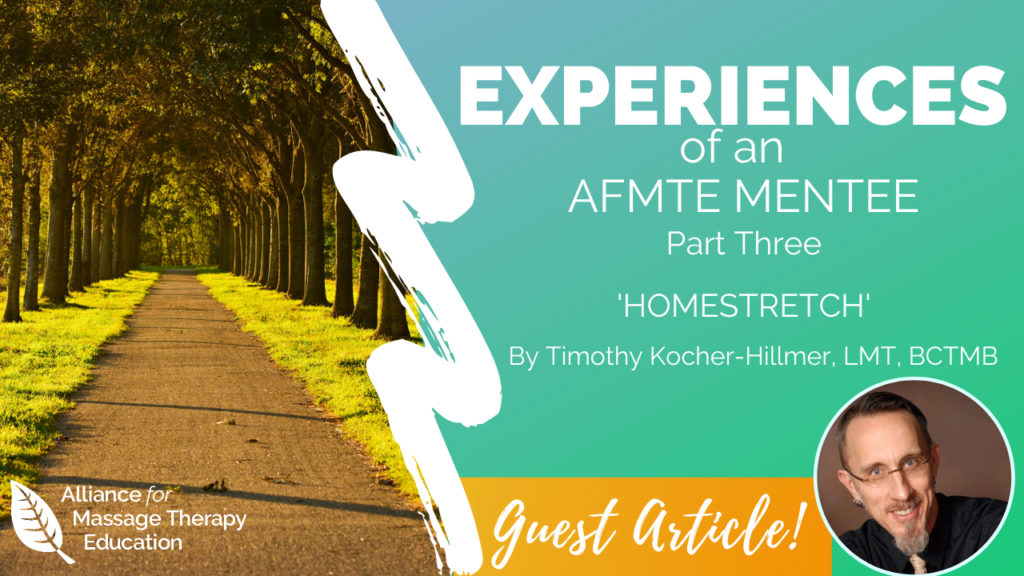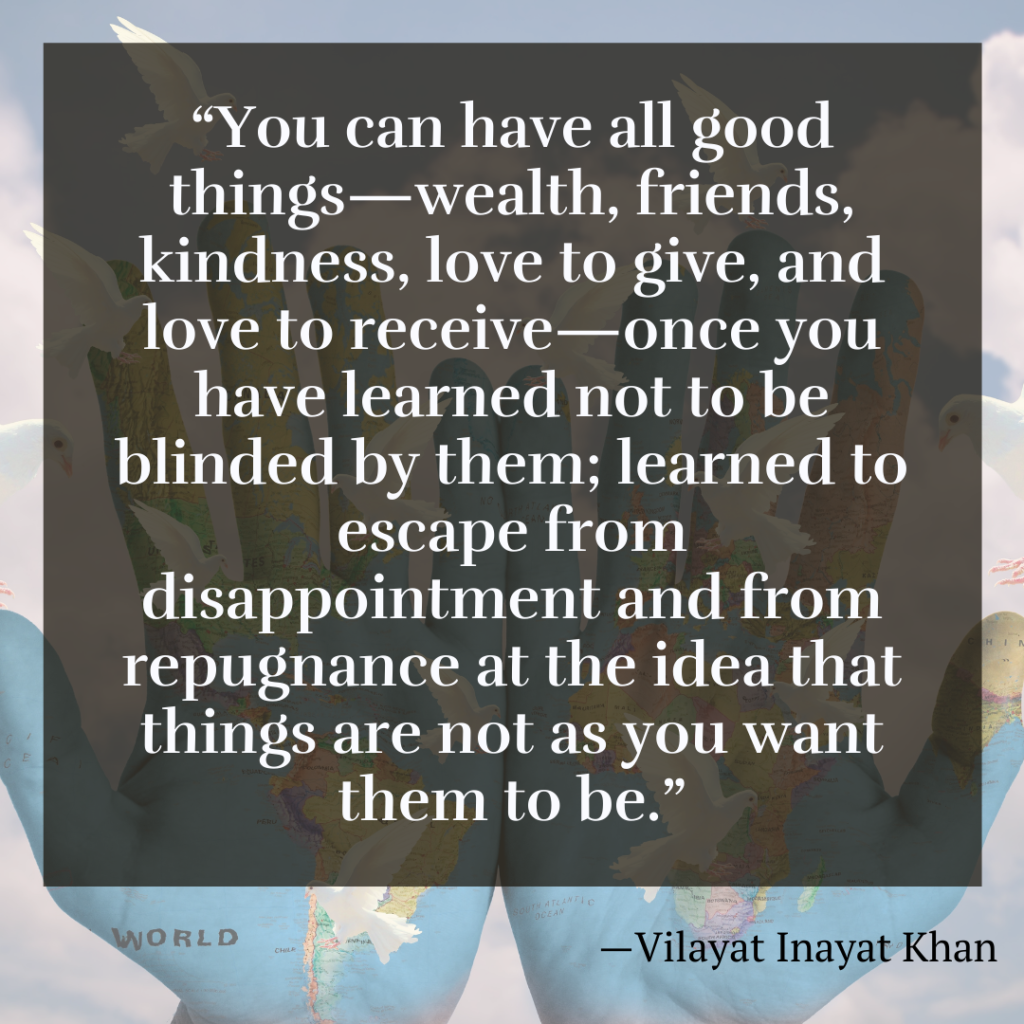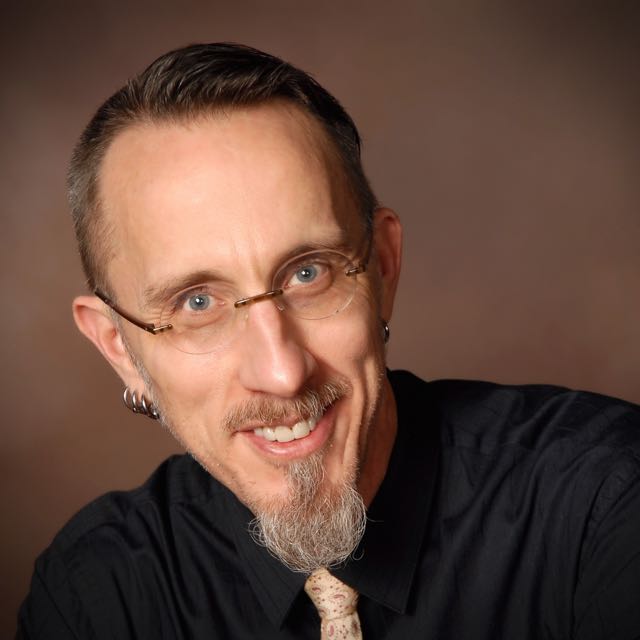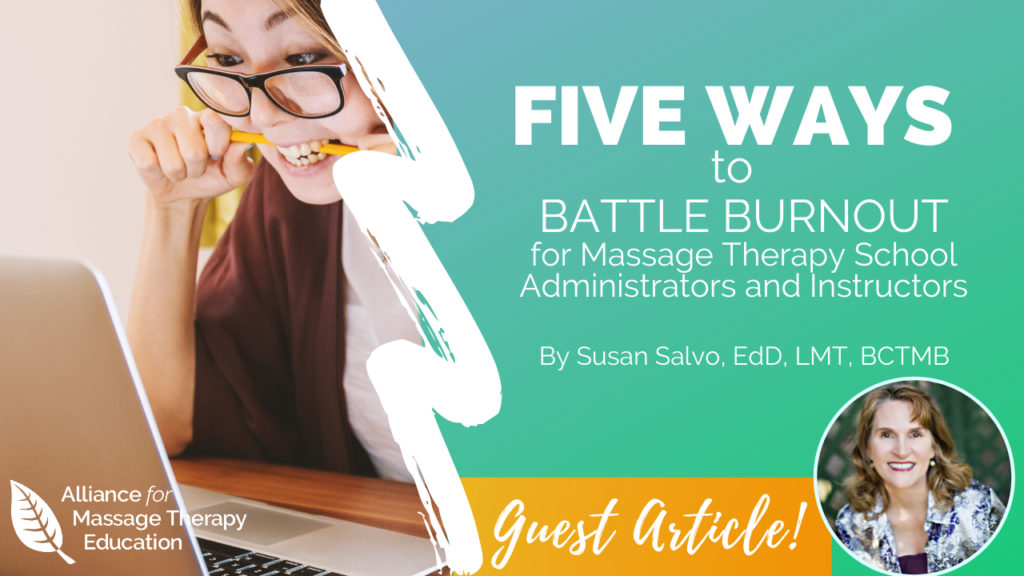
This summer, amidst everything else going on in the world, the Alliance for Massage Therapy Education launched a new mentoring program. This 10-week program matched individuals seeking mentorship with mentors from the field of massage education. Participants in this inaugural program met weekly for 8 weeks from June through August 2020 as mentor-mentee pairs bringing together unique skills and challenges to a relationship of learning and sharing. In this 3-Part Series, you can follow along as one participant shares their process of discovery in the form of a weekly reflection. Read part one HERE and read part two HERE.
Part 3: Homestretch
Mentor Session—Week Six: “Multicultural Education”
Wednesday, July 22. It feels like I’ve gotten absolutely nothing done! Where did the time go? How can it already be week six? I’m always telling students to be patient and gentle with themselves. Maybe there is a downside to all that sensitivity. Maybe it’s hard to apply with one’s self. Well, at least I’m getting into come scholarly articles for this next reflection.
Reflection #4: Read and reflect on two articles regarding current trends in cultural competency or multicultural education and discuss implications for the massage profession in various contexts including massage education.
Two articles caught my attention:
The Role of Teacher Education Programs in Creating Culturally Competent Teachers: A Moral Imperative for Ensuring the Academic Success of Diverse Student Populations
Roben W. Taylor, Multicultural Education, v17 n3 p24-28 Spr 2010
Education for Transformative Leadership in Southern Africa by Julia Preece, University of Botswana
Both articles made me wonder once again how many massage instructors have little or no training in teaching (like me). Using the lens of cultural awareness this hits home. I’m realizing I expect instructors to model and “teach” diversity. This means we need to intentionally train our instructors and not just toss them into the classroom.
This is huge! It’s not that we instructors can’t do a great job of teaching therapeutic techniques. But we’re actually not just teaching “massage.” Our students are watching and listening and soaking up the essence of how we present ourselves. It’s about how we walk in the world as much as effleurage and petrissage. We need to be extra conscious of the very subtle ways in which students learn from us.
I’m struck by an added awareness of pedagogy. And the realization that white western education itself is a construct. How can I never have thought about it in this way?! In the midst of our awakening realization that we live within a racist system, we must be diligent in noticing our internal responses. And we may not like hearing this. To be excellent educators we must be ready to observe our internal resistance and humbly look at what systemic assumptions are at work in our classrooms.
Looking inside, I need to see how my unexamined expectations may actually limit what students take away from my classes. Being totally honest, I have noticed over the years that I have a certain internal judgement about how people use words. Hey, I’m a word person! When a student’s vocabulary or pronunciation is not similar to mine, I cringe internally. While I believe I never overtly reacted to this, I wonder how much this has influenced my judgment of someone in a class or willingness to engage with them or even by quietly dismissing them.
Assumptions I make about learning (or speaking, or just being) can blind me to other ways of learning (or being) that may work very well for another person!
Again, I’m feeling like I don’t know what I’m doing here. Not so much in the classroom, but in this mentorship. This whole thing keeps reflecting my expectations back to me. And I’m seeing that I have pretty high expectations for myself and my students, sure, but also for my colleagues. How can I communicate what I’m learning to other instructors in the profession?
Julia Preece’s article linked so many things I’ve wondered about previously. Finding transformative learning, transformative leadership, and African value systems solidified my skepticism of rubrics, and competencies, and even the details accreditation. I’m not saying they are not valuable as a process. And they are a structure that can certainly raise the bar for the industry. Sure, let’s keep our standards high!
I wonder though about putting such emphasis on long valued academic standards if they keep us from recognizing their inherent systemic bias. Expansiveness and diversity, sensitivity and inner awareness are not easy to quantify, I get it. But we must find a way to work in these realms anyway.
Another related “awakening” comes from Preece who directly calls for acknowledging the Spiritual component in education, which Massage Programs are more likely to address than other educational programs. Curiously, the word “Spirit” seems not to have made it onto the competency charts I’ve seen. Just sayin’. Oh my, I may have just stepped too far outside the box for some. That discussion will have to wait for another time.
Speaking of stepping beyond comfort zones . . . this process pushed me for the first time to really read scholarly articles. I’ve realized about myself: Not so comfortable with taking notes on my computer. PDFs are great to save trees, but highlighting them and returning to them is a challenge. Maybe I try handwritten notes referring back to the PDF article.
And I got to experience the fun of being taken down a few mystical rabbit holes. Almost like being touched or led.
When one article leads to the next, and though from various places they parallel each other a “guiding spirit” seems at work. Hmmm . . . a grateful shout-out to the Unknown is in order.
Here’s to embracing Mystery!
Mentor Session—Week Seven: “Affirmation”
Wednesday, July 29. Oh no! The internship is coming to the end. Just read the e-mail, and they need a list of what we’ve accomplished. Uh. Well. Hmmm . . . I need to give that some thought. In the meantime I’ll follow the lead of this week’s reflection.
Reflection #5: Participate in a cultural experience that is well outside your world and then write a reflection or create an artifact. Also, write a reflection to include your own cultural identity.
Well, I’ll just say it: Does “Cynical” count as a cultural identity? A major component of this entire mentoring process has been an experience outside usual my world! Specifically, in terms of time and what I’ll call the culture of commerce. In 1998 we sold our home, left secure jobs and moved off the grid to join a small intentional Permaculture community in rural, south-central Kentucky. Here we experienced what we call “The Time of the Great Unplugging” in a year-long internship.
Since then I’ve increasingly seen the world quite differently in terms of the use of energy. By energy I mean desire, work, intention and “green energy” (money), of course. But I also specifically see how “linear perception of experience” (time) is a cultural thing.
During the years since becoming city dwellers again, my husband and I have also been blessed to be led by tribal elders and learn from them in traditional native ceremony. The elders would often joke about being on “Indian Time” because sacred time doesn’t operate by human rules of a clock. So even if a ritual is announced to begin at 4pm, it may not actually start until much later, depending on “how Spirit moves”.
At first I was a grumpy white guy of German ancestry who wanted the show to get on the road. But with time I became more comfortable surrendering and letting things move at Spirit’s pace. I’ve butted up against this once again in these last six weeks. And I see how I’m still learning to surrender.
Realizing that this is not just about me, I step back to see the larger picture. Most people feel a tension between the experience of their inner world and the pressures of job, family, peers, and institutions on the outside. We all feel the tension of life. We all feel disconnected at one time or another. Humanity seems to be connected by a common experience of “otherness.” Often, it shows up in a binary form of making a decision. In choosing what comes next, do I do this or that?
During these last weeks I’ve felt this tension. A desire to complete an assignment “on time” runs smack dab into an inner calling that something else needs to happen. While Susan has been very deliberate in her assignments, she has also been very adaptable. Spontaneous, in fact. Hmmm . . . that’s a quality I bring into the classroom that people comment on. How funny though, that in these last weeks my assumption has been that I must operate in a more linear, practical, “academic” manner. But what has surfaced has been a more of a cynical or spiral path of unfoldment. My mentor’s responses invited me to see this, to affirm and honor it.
An unexpected aspect of this mentorship has been the affirmation that life happens within the tension “between the worlds”. The worlds might be called Head and Heart. Or maybe Academia and Spirit. Quantitative and Qualitative. Of course, I’ve lived in this tension through much of my life personal life. Sometimes comfortably, often not. I’m realizing how my unique life experience educates the way I facilitate classes.
But for some reason I’ve thought that in order to be “academic” an instructor must be very linear. Not sure where that belief came from, that I should keep the “fluid” sense out of the classroom and in the closet. And I’m pretty sure that I’ve not actually been able to hide it anyway!
Tribal people from all continents have varying terms for people with a “gender between genders.” Two-Spirit. And from that point of view, the gift of being a queer person is being able to “walk between the worlds”. Even after 56 years of life, I feel like I’m embracing ever deeper levels of this as a gift rather than a curse.
I often say how my students are my greatest teachers. And in the last few years I’ve had the great privilege to learn from today’s queer students. The expanding spectrum of gender fluidity and the trans experience has taught me how I’d been limited by binary vocabulary and mindset. My paradigm has shifted . . . is shifting . . . and hopefully continues to.
Mentor Session—Week Eight: “Wrap up”
Thursday, August 6. This is more difficult than I thought. Not the mentorship process. But closing this chapter. It is bittersweet. So, here we go . . .
Final Reflection: Wrap it up and connect. Write a reflection sharing what you have learned since the beginning of the mentorship program and how it applies the personal and professional aspects of your life.
The first gift is a deeper relationship with Words! Validating their importance in my life and process. AND to let go of grasping onto them so tightly. After eight weeks I’m becoming more and more comfortable with “writing” having multiple levels of significance. It serves different purposes depending upon the need of the moment. Words need not be a trap for me, but rather I can find their appropriate use. Sometimes I’m writing for me and this can be declamatory or clarifying. The process of writing can be a “trying things on for size”. And I get to see how things sound, look and feel. If things resonate, great! If not, I’ve gotten a clue that something I was trying out can be tweaked.
Include ideas that relate to new concepts, applications to your own setting, and opportunities for future growth in the field of massage and massage education.
I’d like to say I learned about how to go about “research” systematically. That lesson is apparently still in process! I’m encouraged to read more published papers. To begin with the abstract, then discussion to see if I want to read more, then look at citations for more “leads” to things that interest me. These are things I tell my students, but it putting it into practice? Oh yeah!
I’m also encouraged to think of research in terms of “appropriate use of technology” like in Permaculture. This means to me, to acknowledge that research has “power” but to use it very wisely. Be cautious of my ego. Not just acquiring knowledge to support something I already believe, but to bring curiosity to how the energy (or “power”) can be used to help those who have been disempowered.
As I go back into the classroom, I hope to challenge students more. To ask them to give “whys” to their statements. And to create more quizzes that have a range of ways students can “show” what they know. Depending upon their learning style. Not sure what that looks like yet.
Consider the following questions:
In what areas can I still improve professionally? What’s stopping me from improving in these areas?
Maintaining awareness of overexcitement; starting too many new things. I can keep a list of interests, but not commit to everything. At the same time though, this must balance the call to follow my heart to do what needs to be done.
Keeping vigilant on reading. Also listening to the current trends in culture, on social media, in music. Maybe slowing down and taking on less tasks.
Completing the teacher accreditation process. Use it more as a self reflection than another task completed.
Learning to embrace the gift of seeing a larger picture of what’s possible while letting go of the need to try to force how that plays out. I can tend to get caught up in the details of making a plan while looking past the immediate potential right in front of me.
There are many things that excite me in terms of teaching or guiding others. It is being made clear that I’m being invited to share my ideas, like seeds: letting them go, tossing them out to others. I don’t have to do everything (like I can anyway, right?)
What’s stopping me? Impatience. Lack of Focus. Rigid expectations about my organizational structure/creative methods. Not slowing down. Not asking for help.
I’ve also learned that I thrive more on collaborative process than doing things on my own. Even though my personal style is to self isolate, I need to step through this and into sharing the joy of the work with others.
Additionally, I see that I do much better with deadlines and accountability. And even though I perhaps did not succeed at living up to all the deadlines with Susan, having someone to check in with has been so very helpful. I’ll miss this component. Note to self: be open to opportunities to “check” myself.
In what ways can I support my professional colleagues in their quest for teaching excellence?
Sometimes my co-instructors challenge me to share “more” of my experience/technique in classes. I can respond by stepping up to the plate and following through. Sometimes they challenge me by being as “stuck in their way” as an instructor. The secret here is to not dismiss them. Instead I can find a way to engage with them and encourage them in their own process as an educator.
If I could offer one thing, I’d help my school/the industry to create a “pipeline” for black and brown professionals (and my queer siblings as well) to become instructors.
I need to have more conversations. To ask questions. And to listen deeply.
Mentorship Wrap-up Meeting — “Postlude”
Monday, August 17. Getting ready for the conclusion of this mentorship process, I’m remembering declaring two “projects” to work on. Each “Research Basics” and “Cultural Awareness” were to be designed for both students and instructors. Neither of these projects is completed. It feels like the groundwork has been set and they need to simmer in process.
Some “spontaneous” projects did present themselves, such as reconstructing my CV, hosting a gathering of local MTs to dialogue about racism and volunteering for the AFMTE Task Force on inclusivity.
Ultimately, Susan’s guidance activated my courage and self confidence. I am writing daily and finding more joy when ideas come up, rather than thinking, “Now what?! Great, another idea . . . when will I get around to that?” And with a newly created Mission Statement at hand, I’m discovering more fearlessness is sharing my ideas like seeds. I don’t have to do everything, but I can see what happens when I spread the seeds around.
At the start of this journey I focused on how I am different from Susan. But maybe that mindset is old school. Too binary. Yes, we have been raised in different soils, different cultures. Yet we have many commonalities. By working in the “in between” we each have learned from the other.
And I can expand that awareness to include my colleagues in the massage education world. I can see that variety can be the spice of life. We can season each other. Our differences highlight our similarities.
That’s what the world is like. We can affirm each other in the midst of diversity. And in fact we can enjoy living in the tension of dichotomy and prosper in the face of the Unknown.

“You can have all good things—wealth, friends, kindness, love to give, and love to receive—once you have learned not to be blinded by them; learned to escape from disappointment and from repugnance at the idea that things are not as you want them to be.” — Vilayat Inayat Khan
About the Author

Timothy Kocher-Hillmer, LMT, BCTMB
With life-long experience in music and liturgy, Timothy studied voice and musical composition in college and earned his B.S. in Commerce from DePaul University. He is a graduate of the Pittsburgh School of Massage Therapy, is licensed in Pennsylvania and has been in private practice since 2000. His work with clients focuses on myofascial pain syndrome relief, trauma recovery and emotional balancing.
As a massage educator at the Pittsburgh School of Massage Therapy since 2001, Timothy encourages massage therapists and students to pay exquisite attention to the energetics of personal intention and body mechanics. He lives with his husband of 32 years on Happy Hill in Pittsburgh where they practice taking the long way home.
For another feature by an AFMTE Member, check out 5 Ways to Battle Burnout by Timothy’s Mentor, Susan Salvo

